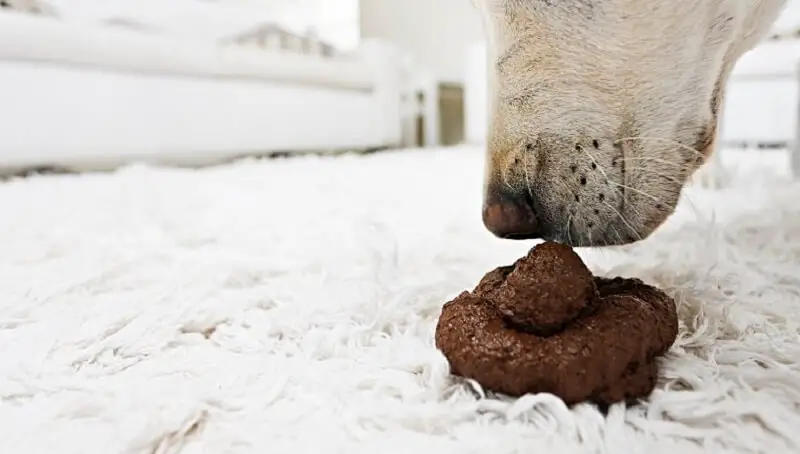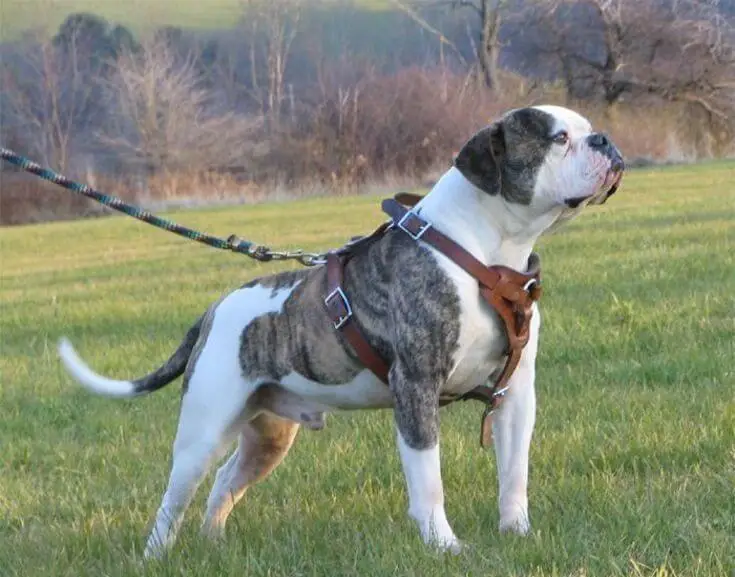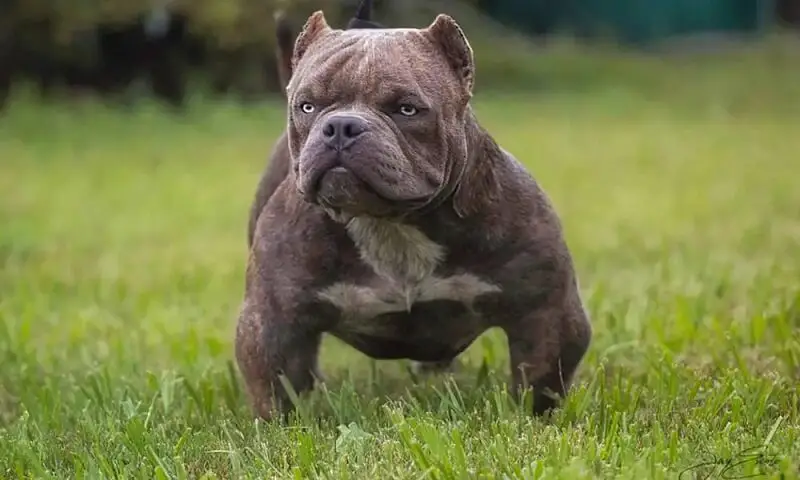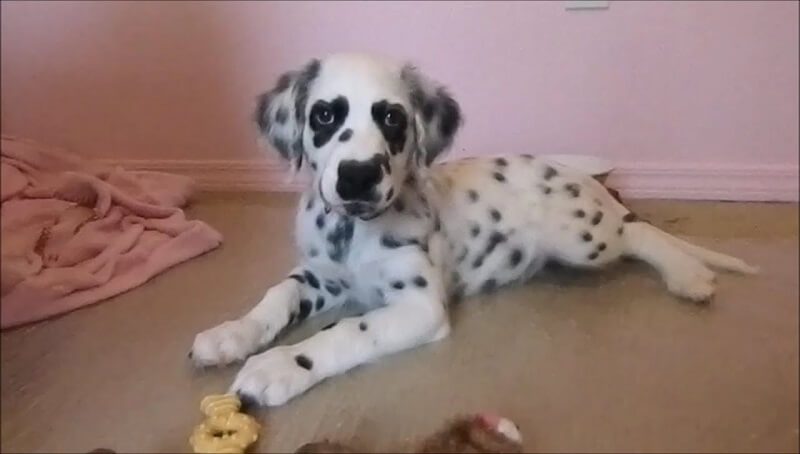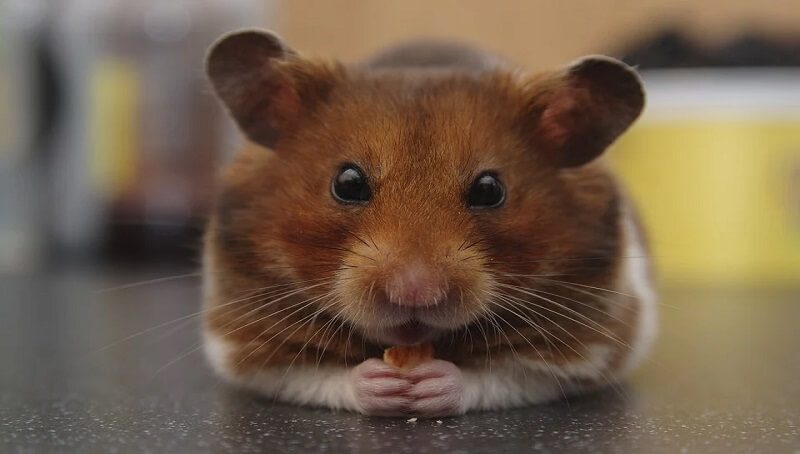It” or “no” to discourage him from approaching the feces. Consistently redirection and reinforcement are key.
Another approach is to use taste-aversion products specifically designed to make feces taste bad to dogs. These products can be applied to your dog’s food, causing the feces to become unappetizing to them. Although results may vary, some dog owners find this method effective.
Regular exercise and mental stimulation are crucial. Bored dogs are more likely to develop undesirable behaviors, including coprophagia. Ensure your dog has plenty of toys, and consider puzzle feeders to keep his mind engaged.
Dietary adjustments might also help. Consult with your veterinarian to see if your dog’s diet might be lacking in certain nutrients or if there’s a digestive issue that could be contributing to the behavior.
Training and consistent supervision are vital. Teaching your dog commands such as “leave it” and rewarding him for obedience can be very effective. Consider seeking the help of a professional dog trainer if the behavior persists.
Ultimately, patience and consistency are key. Coprophagia can be a complex issue to solve, but with time and effort, it is possible to discourage this behavior.
Highlights:
- Coprophagia, or eating feces, is a relatively common but undesirable behavior in dogs.
- This behavior may be driven by instinct, hunger, stress, nutritional deficiencies, or disease.
- Eating feces poses risks, such as the transmission of parasites and bacteria, and results in bad breath.
- Preventing coprophagia involves cleanliness, dietary management, stress reduction, and consistent training.
- Methods to stop this behavior include keeping areas clean, using taste-aversion products, and teaching commands like “leave it.”
- Consultation with a veterinarian is recommended to rule out medical causes and devise a tailored approach.
Coprophagy in dogs
Coprophagia, the technical term for eating feces, is an unpleasant, but not unusual behavior in dogs. The good news is that eating feces in general won’t hurt your dog. The bad news, which you already know, is that it’s a nasty, dirty thing and it causes the worst breath you can imagine. Also, if your dog eats feces from other animals, there is a risk of acquiring parasites.
Why do dogs eat feces?
The reasons why some dogs eat feces are not fully known, but there are a few theories. Some dogs may eat the poop for reasons such as instinct, hunger, stress, or disease.
Instinct
Mother dogs instinctively lick their puppies, which includes ingesting the feces of puppies. This normal maternal behavior keeps the puppies and their environment clean. Many puppies will start eating feces at an early age. Some puppies give up this normal behavior, while others continue to do so until adulthood.
The consumption of feces of other species is also considered a natural behavior. If you have a cat, you may notice that your pet dog can’t stay away from the litter box. Most dogs love the taste of cat feces. Perhaps this is due to the protein-rich diets of cats.
Hunger and obsession with food
You might also like my articles about:
- How to treat, identify, and prevent worms in dog poop
- Why hasn’t your dog pooped for a while
- Simple tricks to make your dog poop quickly
A dog suffering from severe hunger or malnutrition could eat anything he can find. Some dogs, although well-fed, are hungry all the time, but this can be a sign of illness or simply the dog’s personality. Many dogs are completely obsessed with food and will ingest everything they think tastes good.
Unfortunately, many dogs seem to love the taste of feces, especially cat feces. Some people believe that their canine friends’ preference for feces appears when they lack something in their diet. Most veterinarians say that this is not actually the cause of coprophagia.
Anxiety, fear, and stress
A dog that is afraid or stressed can eat its own poop. In some cases, this could be a self-calming mechanism. However, if a dog is punished for improper defecation or other fecal-related actions, he may associate the punishment with the presence of feces. By eating feces, he removes the “evidence” to avoid punishment.
Disease
Certain diseases can cause a dog to eat feces. There are diseases that can have a symptom of increased appetite or ingestion of inappropriate objects, such as Pica syndrome. A disease that changes the consistency or smell of the stool could encourage a dog to eat its own poop. The sudden onset of coprophagia requires a veterinary examination.
It is known that some dogs with dementia and other brain diseases begin to eat the poop. This may be due to confusion and disorientation caused by the disease.
What are the risks in dogs that eat feces?
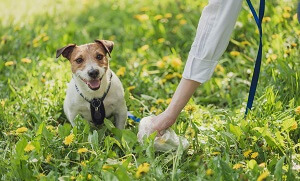 In general, it is not a big danger for a dog to eat its own poop. However, the bacteria and parasites in that poop can be passed on to humans and other animals through contact with the dog’s mouth and saliva. If you are unable to prevent your dog from eating feces, make sure you wash your hands thoroughly if you come into contact with your dog’s mouth/saliva.
In general, it is not a big danger for a dog to eat its own poop. However, the bacteria and parasites in that poop can be passed on to humans and other animals through contact with the dog’s mouth and saliva. If you are unable to prevent your dog from eating feces, make sure you wash your hands thoroughly if you come into contact with your dog’s mouth/saliva.
When a dog eats the feces of another animal, especially another dog or cat, it is at risk of ingesting the eggs from intestinal parasites and potentially harmful bacteria that can easily lead to disease.
Perhaps the most serious effect of eating poop in dogs is the bad breath you need to deal with. Home dental care can help to breathe, but it’s best to prevent your dog from eating feces altogether.
How can I stop my dog from eating feces?
Once you have ruled out the medical problems caused by coprophagia, you will need to figure out what triggers the behavior. Because fecal consumption is considered a self-rewarding behavior, it can be difficult to reverse. Unfortunately, there is no universal way to prohibit a dog from eating feces, so you have to try all possible options.
Do not scream or scare your dog when you find him eating feces. A frightened dog will think defecation is forbidden and will begin to destroy evidence, which will only increase the amount of consumed feces.
First, make sure your garden is kept clean, and free of animal excrement. Clean your dog’s droppings as soon as possible after defecation. Be on high alert if your dog tends to eat his own excrement during or immediately after defecation. Keep your dog on a leash when he defecates. If his attention is directed to the feces, immediately turn his attention to you, and try to teach him the command “look”. Reward him for paying attention to you with a delicious reward, then immediately clean the feces and throw them away. Another useful command to use at this time is to say “leave it”. Approach the dog, and say out loud and clear: “No!” If you doubt the severity of your tone, you can clap your hands at the time of order, then calmly remove the dog from the poop.
Another way to prevent coprophagia is to add something to your dog’s diet that will make the stool taste unpleasant for the dog.
These products will not work for all dogs, but generally will not affect your dog if you try, as long as your dog is not allergic to any of the ingredients. Make sure you choose a product labeled for dogs. Ask your veterinarian about the safest and most effective products to prevent the habit of consuming excrement.
Thus, try to correct the behavior since it’s a puppy. Feed the dog with good complete food, play a lot with the puppy, and remove the feces in time. Do not punish the puppy if he poops in the wrong place, especially by approaching him with his muzzle in the poop. This can negatively affect his sense of smell and cause fear of defecation itself, which is why the puppy will begin to “hide” his poop by eating it.
